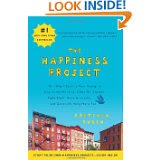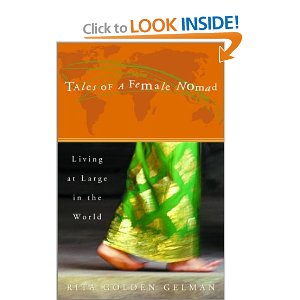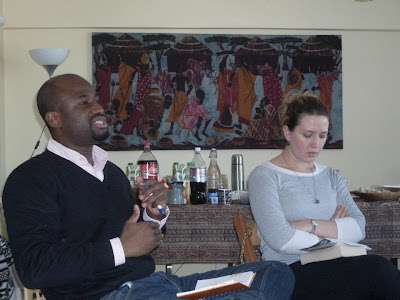 |
I love a good memoir. About the time, "The Glass Castle" by Jeannette Walls (a memoir of really bad parenting) was on the bestseller list week-after-week, I began a memoir kick, and read about 10 in a row. They always seemed to be infused with wonderful and personal storytelling.
Around this time, a sophisticated lady with a slight accent was trying to give a reading of her book at a Chicago-area Barnes and Noble. She didn't have any interest from those seated in the cafe, and the polite book lover in me couldn't bear that. I had to make her feel welcome by sitting down and listening to what she shared. She was Turkish-American, an immigrant and now a citizen of America, and she was sharing her memories of living with a bipolar spouse.
The black and white book cover looked awfully grim, the title even grimmer, and the subject did nothing to make me say, "gee, I can't wait to read that." Yet the author, Sel Erder Yackley, was so nice and friendly and most importantly, smart and courageous in telling her story, that I just felt I had to buy her slim book. I was so glad I did!
Her book wasn't just about her life with a bipolar spouse; it included her incredible story of immigration to America. I would shake my head in admiration, as I read, at Ms. Yackley's gift for making the most of every single opportunity that ever presented itself to her as a new resident of America.
She also brought her journalist's impartiality and detachment in describing the mental illness her husband suffered from in small town Illinois when she tells her story. I use the word detachment because she feels no shame and expresses no shame in sharing her husband's downward spiral and eventual suicide due to his bipolar condition. That's so important, I believe, because it frees others to not blame themselves and just deal with these situations as the medical conditions they are.
It couldn't have been easy being a Turkish Muslim lady living in small-town Illinois. But she made boatloads of friends, even receiving recognition from the YMCA (Young Men's Christian Association), which is kind of fun since she was neither a man or a Christian.
This was just a chance encounter in a bookstore with someone from a country I knew nothing about. Her book was on a topic unfamiliar to me. I had no idea at the time it would later help influence the direction of my life. A few years later, I was discussing with my European friends what country I should try next. My Europeans friends suggested "You should move to Turkey! The energy of the Turkish people on the street is a-m-a-z-i-n-g." This lady is the one person who represented Turkey to me. I liked what I knew.
You can click on my title to go to the Amazon link for the book.
You can follow my adventures on Facebook by "liking" Empty Nest Expat there.





































 Who links to me?
Who links to me?
